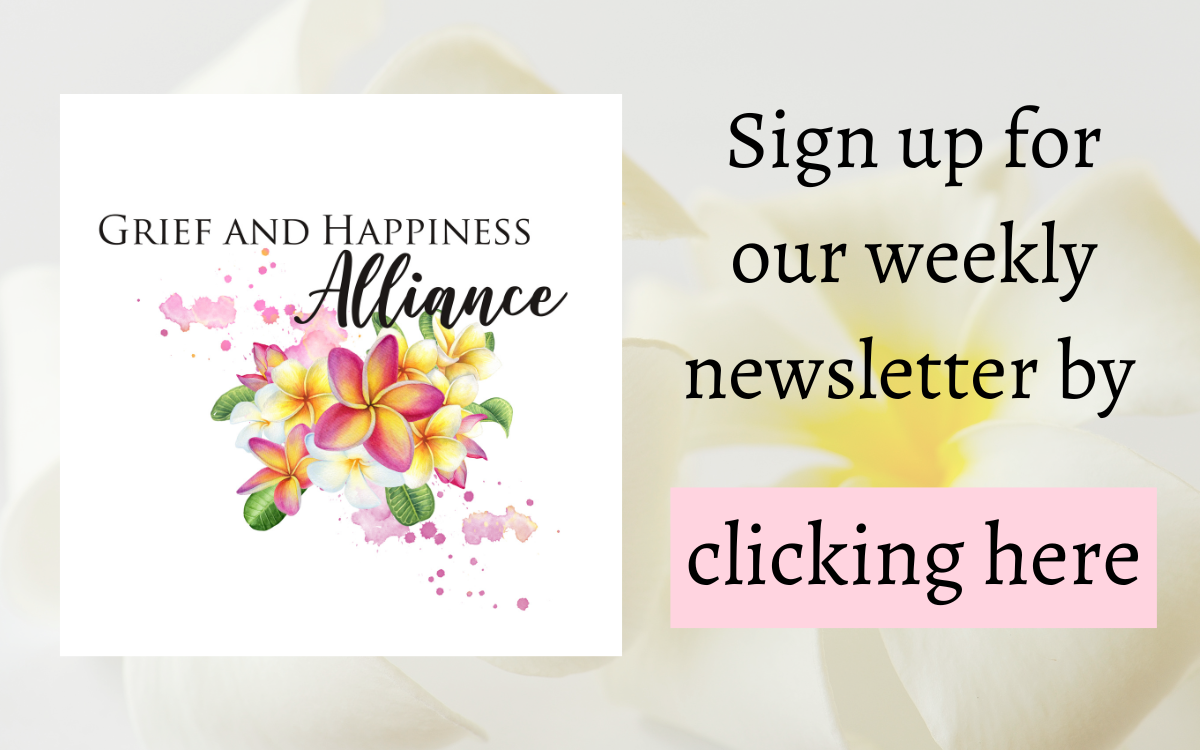
Every Sunday the Grief and Happiness Alliance gathers on Zoom to write together and learn happiness practices. We write on different subjects every time, and when we share what we wrote about, we learn much from each other.
This week, I invited the participants to write a dialogue, a conversation with someone they would love to have a guide or mentor them through their grieving. Whoever they chose didn’t have to be living now. The range of people they chose revealed the distinctiveness of concerns the participants were dealing with.
One chose Maya Angelou because of her strength and tenacity in dealing with life. Ms. Angelou is a powerful storyteller who explores deep truths. I was fortunate to be in her presence when I attended a conference where she was the speaker. I’ll never forget her powerful, resonant voice, which enlivened each word she uttered. Since that experience, whenever I read something she wrote, I hear her speaking the words in my mind and feel her power. I would love to have a conversation with her to hear her advice for me.
Another writer in our group chose Thich Naht Hanh, a Vietnamese Buddhist monk who is considered to be the “father of mindfulness.” With his gentle words, he explores concepts like loneliness, worrying, and peace with sage advice for anyone, yet we can apply that guidance to our grief experience now. Just thinking about his gentle spirit and tranquil smile brings me peace.
Others chose people like a favorite minister or a lifelong friend. We were all seeking different types of guidance and comfort. I found myself in a conversation with my husband, Ron. I asked him a question, and his words just poured out with consummate guidance that not only helped me right now but are guiding my next steps. When this happened, I realized I needed to contact him more often. Just as when we used to have our wonderful conversations on our lanai, we can still have them now. I just realized that the word for patio in Hawaiian is lanai, and the word for heaven is lani. So similar. Our very special place to spend time together is still here and is heavenly.
Who would you like to have as your guide or mentor as you deal with grief? You could have more than one. When you keep your heart open to inspiration, you discover your guidance is already there, waiting for you to notice it.
You can join the Grief and Happiness Alliance, which meets weekly on Sundays, by clicking here.
You can order the International Best Selling The Grief and Happiness Guide by clicking here.
You can order Loving and Living Your Way Through Grief by clicking here at Amazon:
You can listen to my podcast, Grief and Happiness, by clicking here
You can order the International Best Selling book in 9 countries that I wrote a chapter in, Ignite Forgiveness, by clicking here





